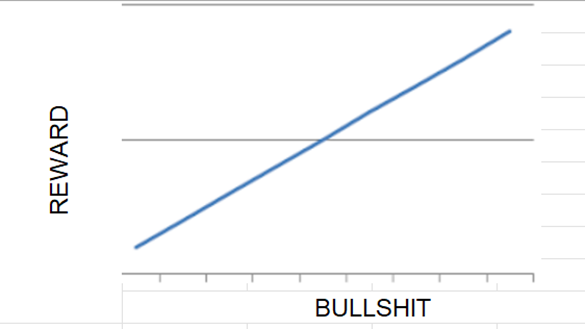Holiday
greetings from Castle Schadenfreude! This past summer marked a return to more
normal activities after the worst of the covid pandemic, so of course The
Beloved Spouse™ and I both got it. The rest of the year was mostly quite nice.
Here are the highlights.
·
January
o
Spent
a few days in a lovely house on the Outer Banks of North Carolina owned by
Corky’s niece and her husband. January is a slow rental month, so they let us
stay for free. We had a very relaxing few days, highlighted by lunch with Mark
and Ruth Sharpe Bergin.
o
My
short story, “The Box,” appeared in Mystery Tribune magazine.
·
February
o
We
are retired and old enough to know not to go out in February.
·
March
o
The
Suffolk Mystery Author’s Festival was virtual again this year. I moderated a
panel and we’re both looking forward to attending in person in 2023.
·
April
o
Attended
the Left Coast Crime conference in Albuquerque. NM. (I mention the state so no
one confuses it with any other Albuquerques.) We saw several friends, found
some great Detroit-style pizza, and I snared a panel.
o
Spent
a week with The Sole Heir in New Orleans. Highlights included a swamp tour on
an air boat, the World War II Museum (parts of it; we’ll be back), invigorating
walks in Audubon Park, a trip to the zoo, and, as always, great food.
·
May
o
I
joined our neighborhood Homeowners’ board, a decision I’ll live to regret.
(Frankly, I regret it already, but someone has to do it.)
·
June
o
Back
to New Orleans for The Sole Heir’s graduation from her residency at Tulane, and
to help pack the truck for her move to Florida. She’s a bona fide doctor now.
·
July
o
Down
& Out Books released the seventh Penns River book, White Out..
o
A
brief tour of North Carolina and southern Virginia which included
§
Reading
for a Noir at the Bar event in Hillsborough NC.
§
A
day touring Williamsburg VA.
§
Another
reading, this time for Noir at the Voir in Midlothian VA
§
We’ve
reached the age where we don’t buy many souvenirs, as the house is full
already. All we brought back this time was covid, which stowed away, taking up
so little space we didn’t know we had it until we’d been home a couple of days.
·
August
o
The
covid wasn’t too bad, but the post-infection fatigue kept us pretty well
stationary through the month.
·
September
o
Re-established
our confidence about being in the world again.
·
October
o
Attended
the Creatures, Crimes, and Creativity conference in Columbia MD. Saw a lot of
old friends; I hosted Noir at the Bar, moderated one panel, and sat on two
others.
o
Back
to Hillsborough to attend the Halloween Noir at the Bar.
·
November
o
Mostly
we gave thanks for getting through everything else in good shape.
·
December
o
Spent
Christmas in Tampa with The Sole Heir. Alas, we missed The Sole Son-in-Law
except for one day, as he was deployed for a couple of weeks.
In more
general, non-date-specific news:
·
We’re
both in good shape with no major heart, lung, or cognitive issues. My vision
remains stable.
·
We
both started to not just talk about regular exercise but do it.
·
The
Sole graduated from her residency and passed her boards for certification. (Not
the homeowners’ board Dana belongs to. These are people who know what they’re
doing.) She may be close to an exciting career opportunity; we hope to have
details next year. The Sole Son-in-Law is a lieutenant in the Coast Guard and a
helicopter pilot. You might have seen him on the news in September, or at least
his chopper, as among his tasks was evacuating people from Sanibel Island after
the hurricane.
Summing
up, TBS and I had a pretty good year, albeit with a few bumps. We hope this
past trip around the sun has been at least as good for all of you, and the next
trip brings more of the same.


